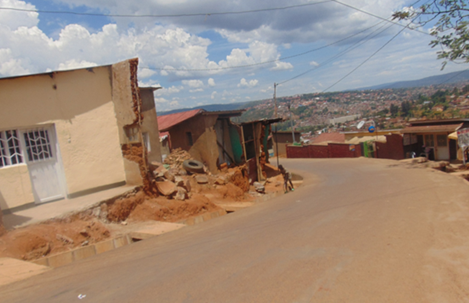
Towards Urban Resilience in Kigali
A Knowledge Exchange Initiative on Sustainable Development in Kigali
Aims and Objectives
Land expropriation – the compulsory acquisition of land by governments for public interest – continues to be a major developmental challenge in Kigali. Although a major factor in Kigali’s rapid physical transformation, the exercise comes with untold hardships, including livelihood disruption and loss of physical assets. The process also exacerbates climate impacts by exposing affected and displaced households to the harsh weather conditions in peri-urban areas and informal settlements. This proposed knowledge exchange (KE) project seeks to foster sustainable urban development in Kigali by addressing the intersection of land expropriation and climate change impacts. Through these knowledge exchange activities, we aim to empower local stakeholders, including communities, policymakers, and professionals, to integrate climate-resilient strategies into urban planning and development processes to enhance urban resilience in Kigali.
By addressing the challenges posed by land expropriation and climate change, we aim to contribute to the resilience of urban ecosystems and improve the environmental and health outcomes for the local population in Kigali. The objective is in three folds:
- To organize workshops and awareness sessions to educate local communities, policymakers, and professionals about the intersection of land expropriation and climate change.
- To empower communities to actively participate in decision-making processes in the wake of rapid urban development.
- To foster research collaboration between the University of York, Institute of Research and Dialogue for Peace (IRDP) and local researchers on the intersection of land expropriation and climate change impacts in Kigali.
Principal Investigator
Gideon Baffoe, Department of Environment and Geography
Co-Investigators
Sohail Ahmad - Department of Environment and Geography
Daniel Kyereko - Dept of Education